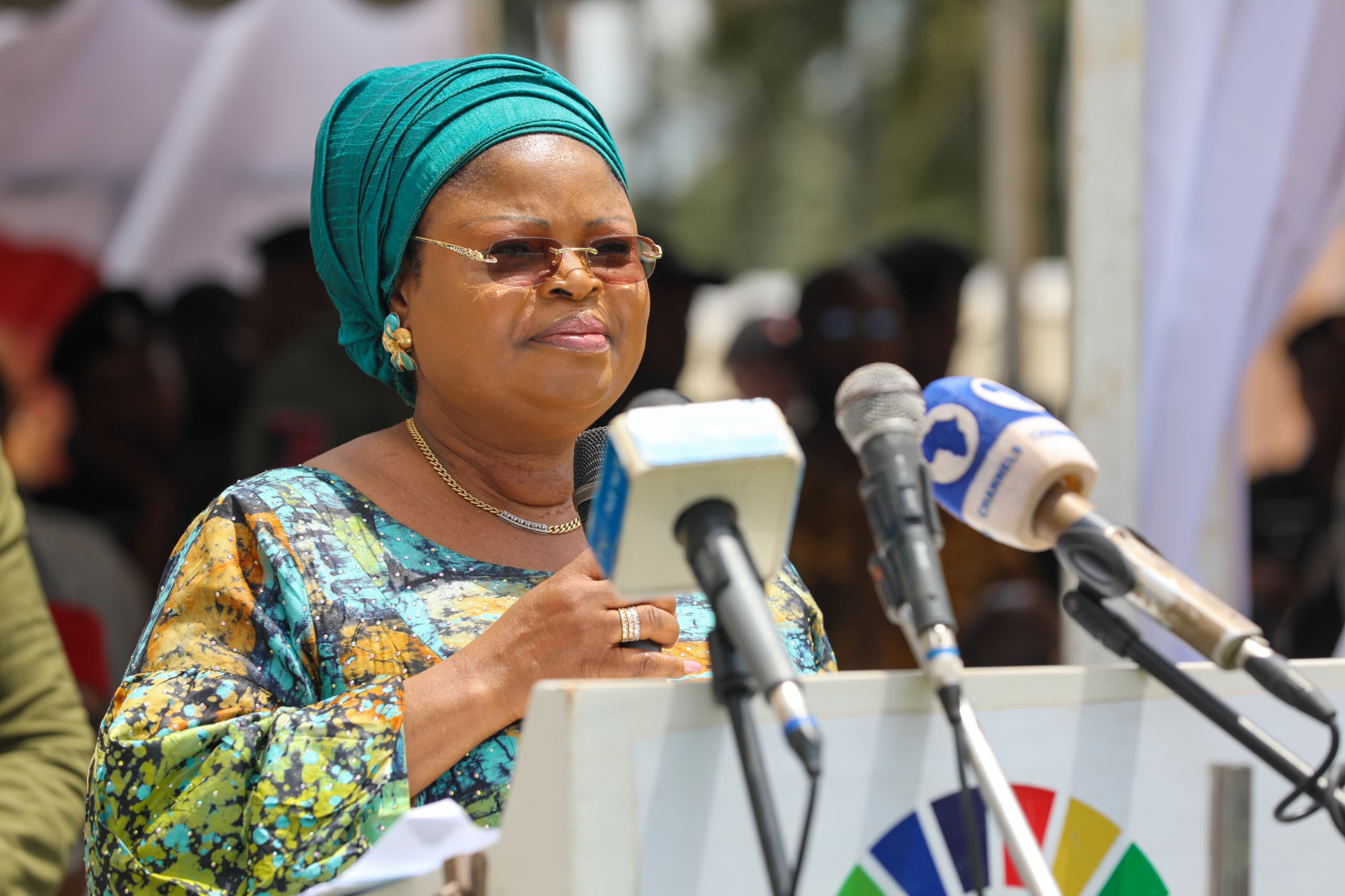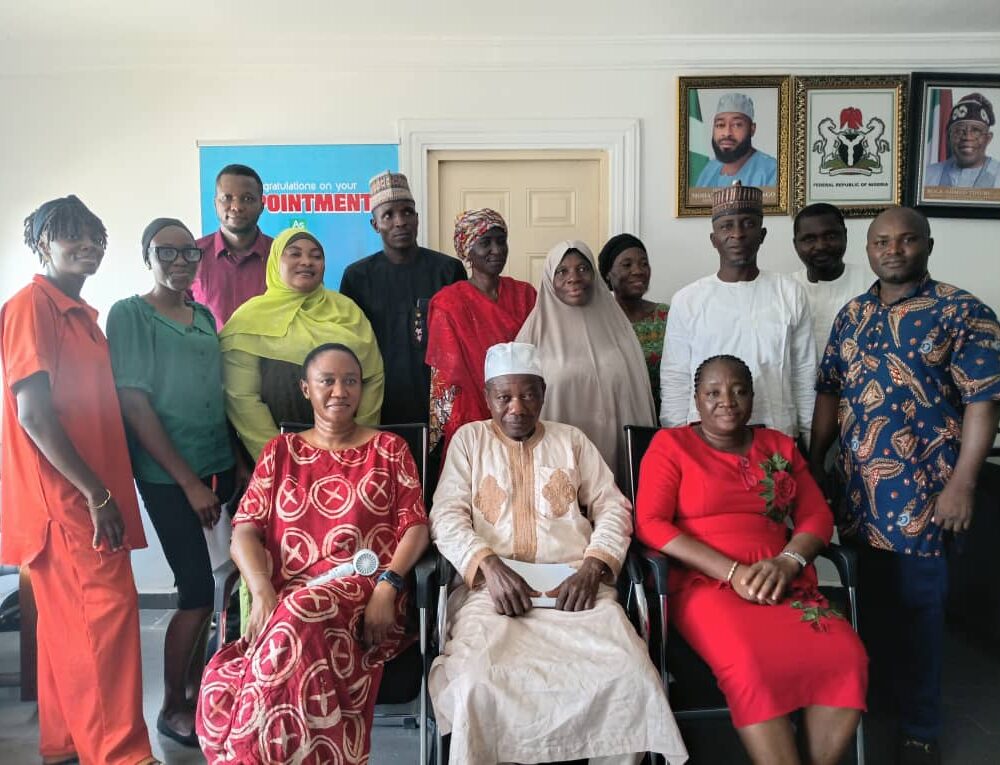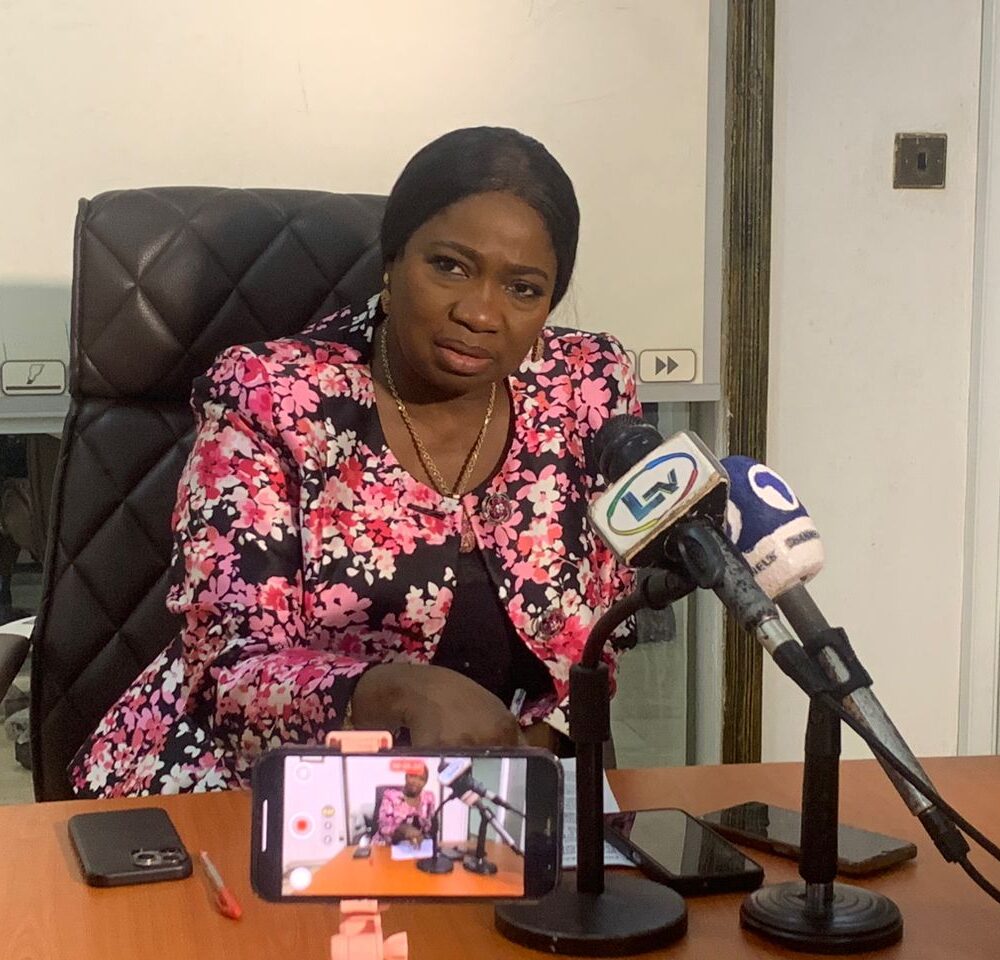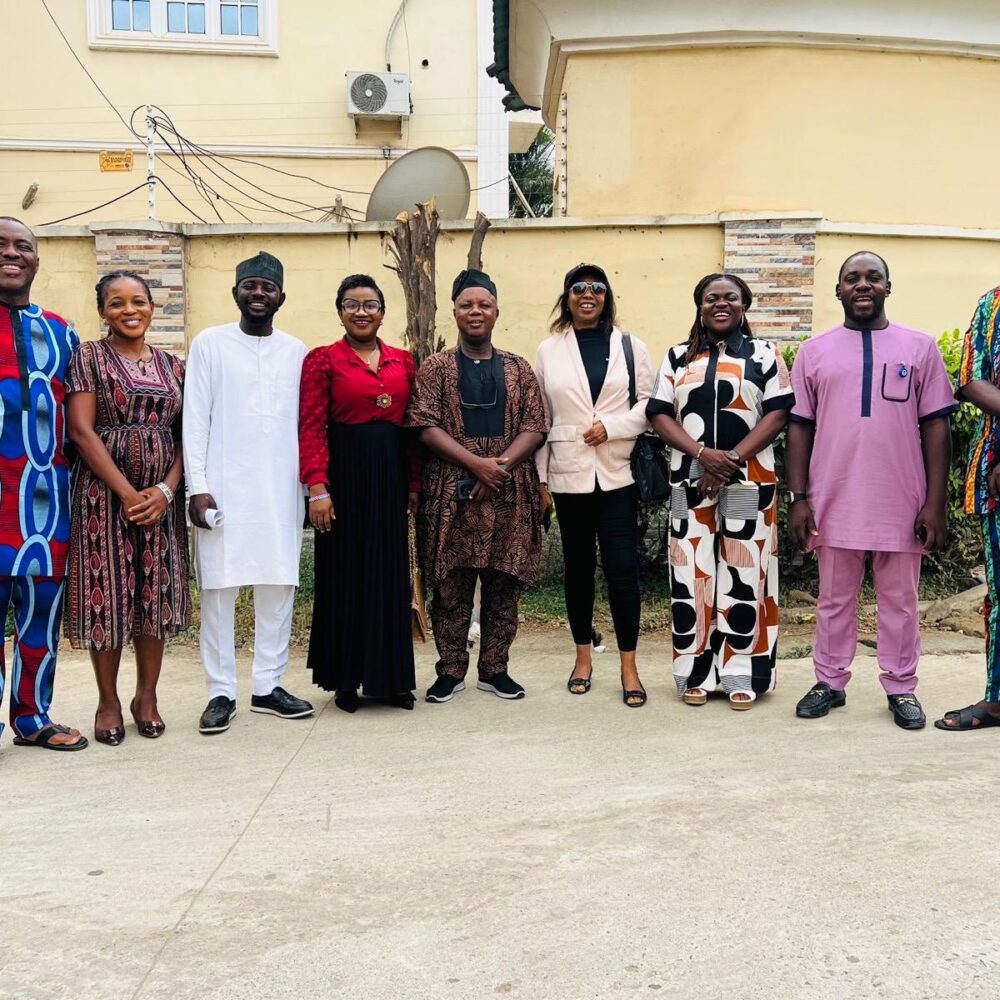First Lady of Nigeria, Senator Remi Tinubu, has reaffirmed the Federal Government’s commitment to improving maternal and child healthcare with the commissioning of a 100-bed Mother and Child Centre at Awo-Omamma General Hospital in Imo State. Represented by the Wife of the Vice President, Hajia Nana Shettima, the First Lady described the facility—constructed and equipped by the Office of the Senior Special Assistant to the President on Sustainable Development Goals (OSSAP-SDGs) as a beacon of renewed hope for women and children across the country.
Hajia Nana Shettima, while commissioning the project on behalf of the First Lady, said the facility marks a significant milestone in Nigeria’s effort to achieve the health-related Sustainable Development Goals (SDGs) by 2030. She urged women and families in surrounding communities to make effective use of the healthcare services provided and to take ownership of the centre for its sustainability.
“This centre reflects the commitment of President Bola Ahmed Tinubu’s administration to delivering quality healthcare to Nigerians, particularly women and children,” she stated. “We must continue to prioritise maternal and child healthcare as a foundation for a healthier and more prosperous society.”
She also appreciated health workers, especially nurses and midwives, for their dedication to improving outcomes for mothers and children nationwide.
The First Lady used the occasion to commend Imo State Governor, Senator Hope Uzodimma, and his wife, Chioma Uzodimma, for their contributions to healthcare delivery in the state. She also praised the leadership of Princess Adejoke Orelope-Adefulire, the Senior Special Assistant to the President on SDGs, for her tireless commitment to implementing high-impact, pro-poor interventions across the country.
The newly commissioned centre, sited within the Awo-Omamma General Hospital, is equipped with a full suite of modern medical facilities, including private and general wards, operating theatre, recovery rooms, consultation units, scanning rooms, adult and paediatric intensive care units, laboratory services, ultrasound machines, emergency carts, delivery kits, and vacuum extractors.
Governor Hope Uzodimma, in his remarks, described the project as a timely and strategic intervention that fills critical gaps in the state’s health sector. He thanked President Tinubu for prioritising maternal and child health, and expressed confidence that the centre would significantly reduce mortality rates.
“Naming this facility after Senator Remi Tinubu is a well-deserved honour and a lasting symbol of her advocacy and compassion for women and vulnerable groups,” he said. “This facility is a major boost to our integrated health infrastructure and aligns perfectly with our development priorities.”
Princess Orelope-Adefulire, speaking during the commissioning, noted that the 100-bed centre is part of a broader initiative under OSSAP-SDGs to strengthen sub-national healthcare systems. She emphasised that the project was executed with the goal of ensuring that no Nigerian is left behind in accessing quality health services.
“This facility is a clear testimony to the First Lady’s enduring commitment to the welfare of mothers, children, and vulnerable populations—an ethos she has championed long before assuming her current office,” she said.
Referencing the Nigeria SDGs Progress Report 2024, Orelope-Adefulire noted that maternal and child health indicators are still below global targets, and called for intensified efforts to promote antenatal and postnatal care as well as routine immunisation for children.
She disclosed that the hospital will commence full operations within the next two to three months and is adequately equipped to deliver quality care. She also announced that OSSAP-SDGs would return to Imo State in June to implement an empowerment programme for women in the South-East region.
The Imo State Government provided the land for the project, demonstrating a strong collaborative spirit between federal and state authorities. The facility stand as a bold response to persistent healthcare challenges and a significant step towards a future where mothers and children can access timely, dignified, and life-saving healthcare services.
–





